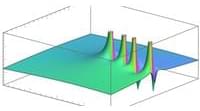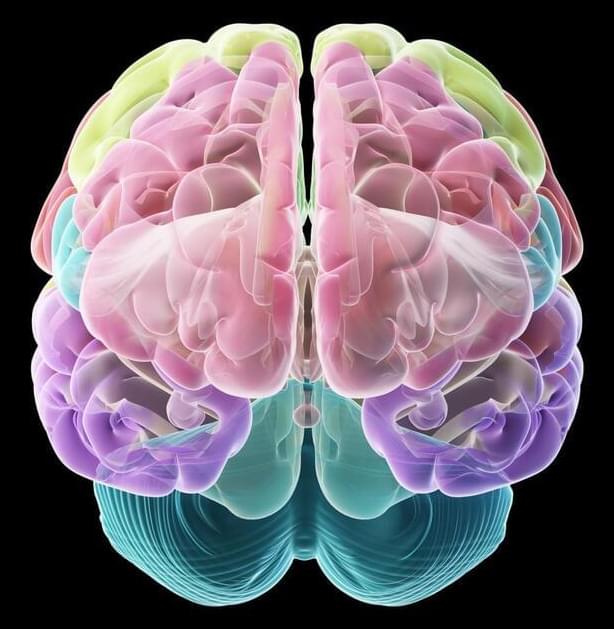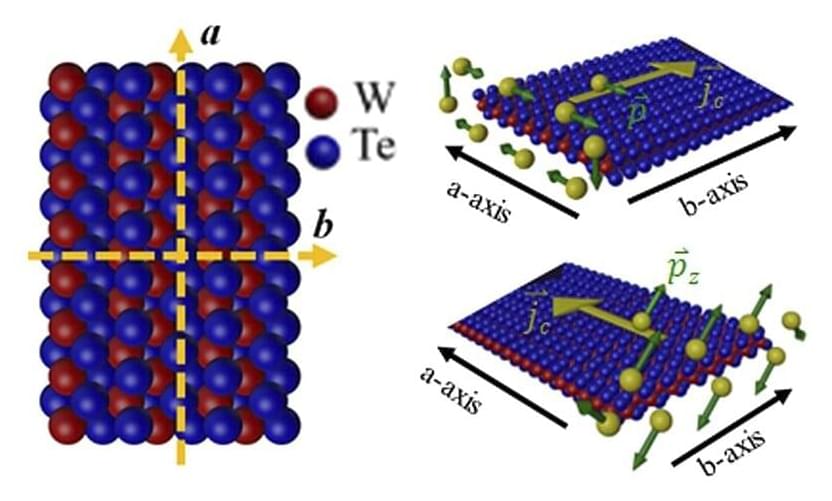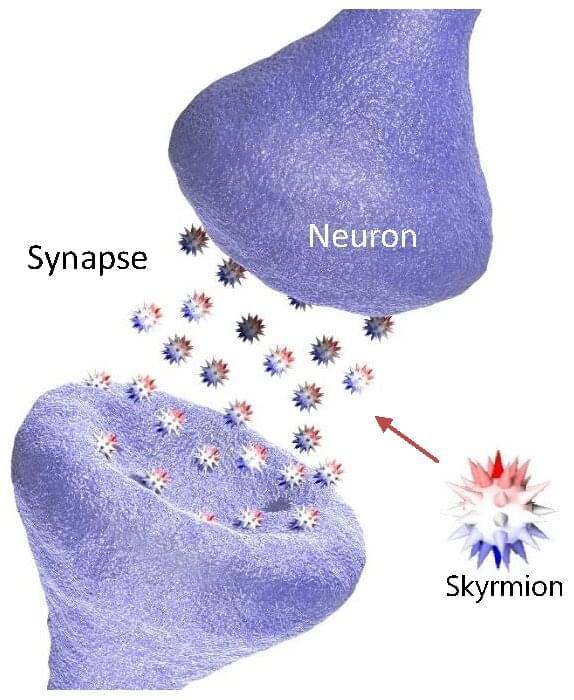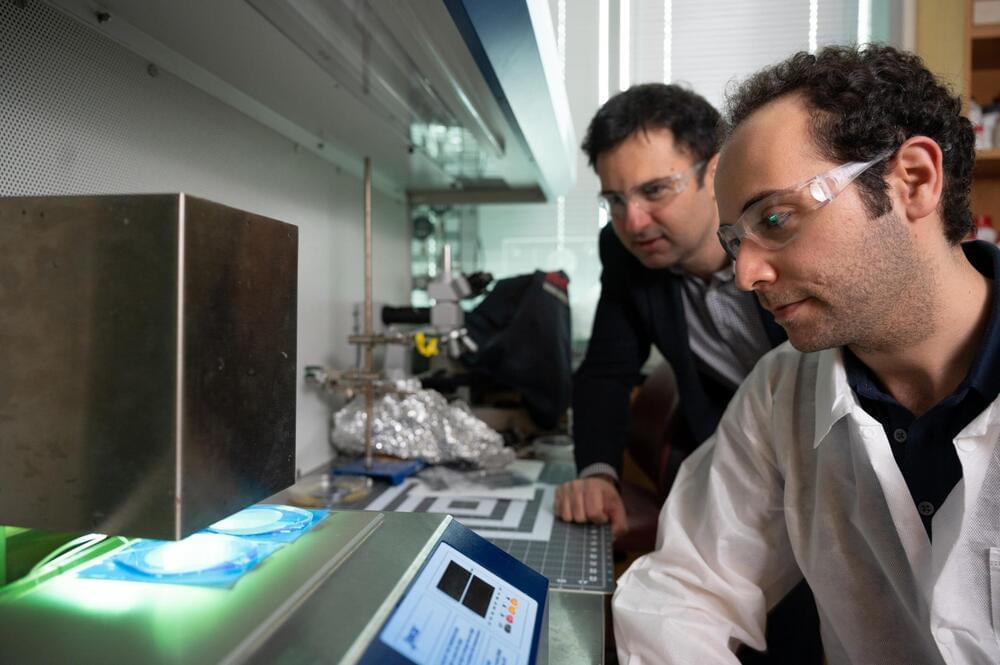Aug 15, 2022
Synthetic Data Generation for Computer Vision in Blender
Posted by Jose Ruben Rodriguez Fuentes in category: computing
Alex Martinelli writes:
This entry gives an introduction to and how you can use it via Blender to train performant and robust vision models. I provide the code and node-trees for a demonstrative visual classification scenario from the fashion domain. You’ll then be able to generate a technically infinite amount of images for your use-case.



